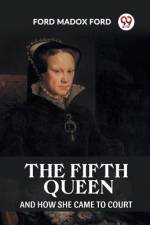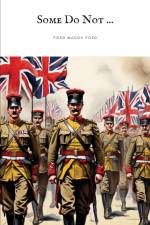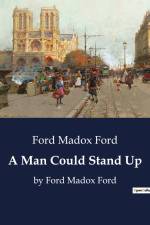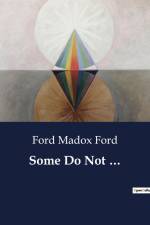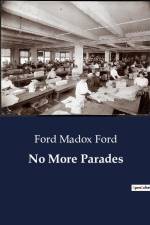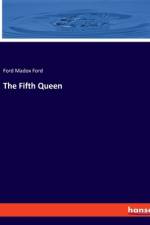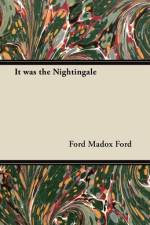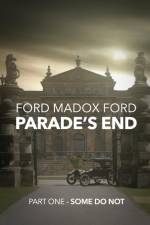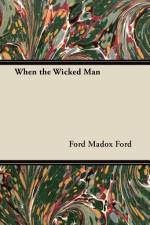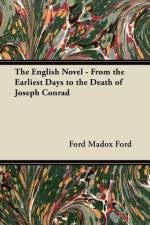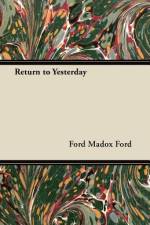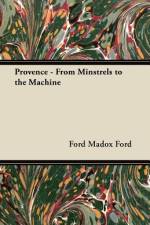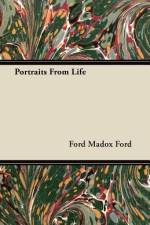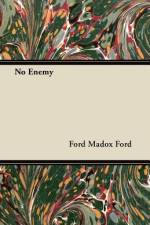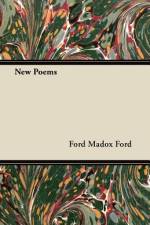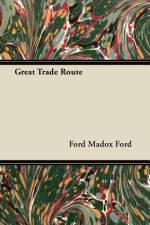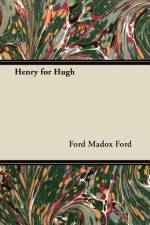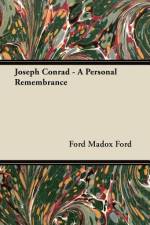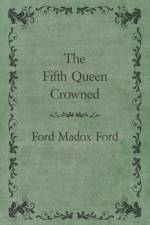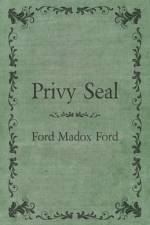von Ford Madox Ford
15,90 €
Esta es la historia más triste que jamás he oído. Habíamos tratado a los Ashburnham durante nueve temporadas en la ciudad de Nauheim con gran intimidad¿, O, más bien, habíamos mantenido con ellos unas relaciones tan flexibles y tan cómodas y sin embargo tan íntimas como las de un guante de buena calidad con la mano que protege. Mi mujer y yo conocíamos al capitán Ashburnham y a su señora todo lo bien que es posible conocer a alguien, pero, por otra parte, no sabíamos nada en absoluto acerca de ellos. Se trata, creo yo, de una situación que sólo es posible con ingleses sobre quienes, incluso en el día de hoy, cuando me paro a dilucidar lo que sé de esta triste historia, descubro que vivía en la más completa ignorancia. Hasta hace seis meses no había pisado nunca Inglaterra y, ciertamente, nunca había sondeado las profundidades de un corazón inglés. No había pasado de sus aspectos más superficiales. No quiero decir con eso que no conociéramos a muchos ingleses. Viviendo, como nos veíamos obligados a hacerlo, en Europa, y siendo, como nos veíamos obligados a serlo, americanos ociosos, lo cual equivale a decir que éramos muy poco americanos, no nos quedaba otro remedio que frecuentar la compañía de los ingleses de clase alta. Porque París era nuestro hogar, algún sitio comprendido entre los límites de Niza y Bordighera nos proporcionaba cuarteles de invierno todos los años, y Nauheim siempre nos recibía desde julio hasta septiembre. Deducirá usted de estas afirmaciones que uno de los dos estaba, como suele decirse, «delicado del corazón», y, cuando le diga que mi esposa ha muerto, comprenderá que era ella la enferma.

